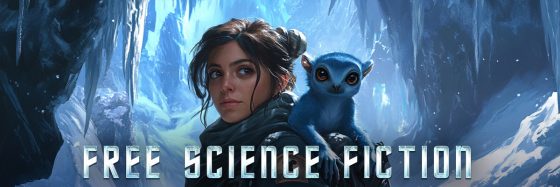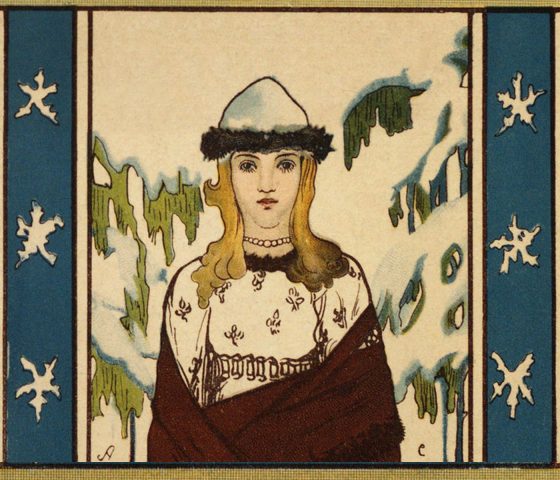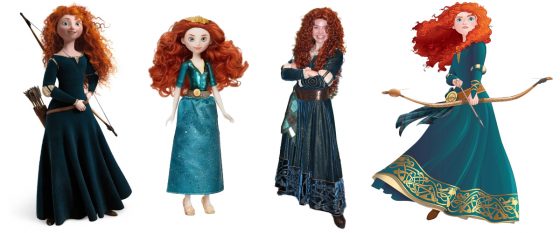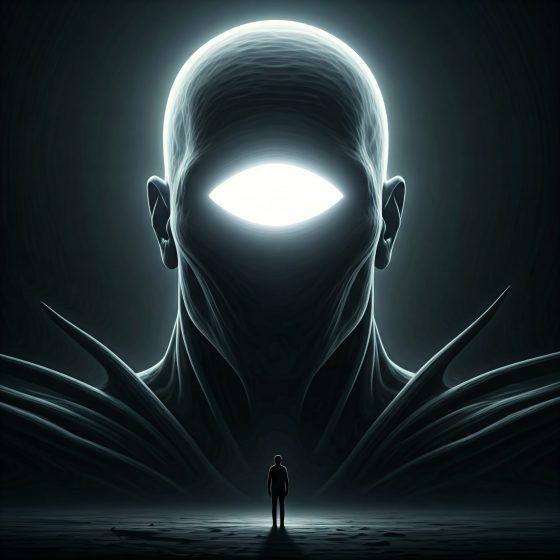
The Latin root of the word extravagant means “to wander outside or beyond.” Clearly the meaning changed somewhat over the years, but wandering in unfamiliar places exposes our senses, and thus our brains, to new experiences. Our senses are hit with novel sights, sounds, and scents. We are getting something “extra” out of life when we venture beyond the familiar. I remember the first time I travelled to a tropical destination. The aroma, as I stepped out of the airport, was overwhelming; it was almost a physical wall of fragrance. There was no doubt that I was entering some place new. Novel sensual experiences impact how we think and remember, putting on a new track our normal train of thoughts. Wandering the world creates wonder. Changing our perspective in this way is a main reason to seek out new experiences. When we think, we don’t do so in isolation. Our minds are not soaring and thinking up ideas in an empty space. We think with our bodies and senses as much or more than we do with our minds. The sensory inputs we get as we move, work, and problem solve, feed us information and clues as to what to…






